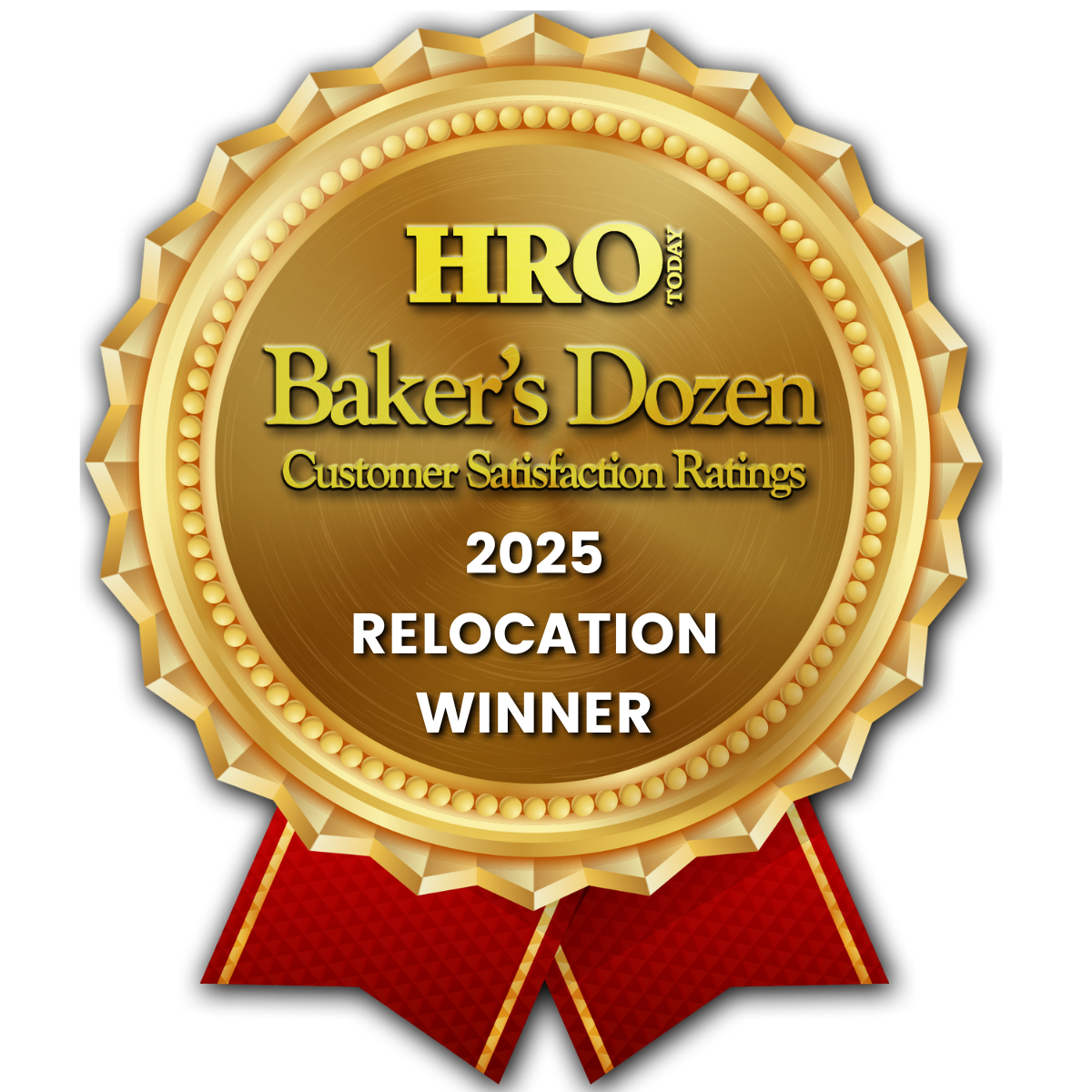While the COVID-19 pandemic effectively clamped down on much immigration during 2020, there was still some level of movement across national borders. In the United States, the FY 2020 First Quarter saw the same number of foreign nationals arrive as during the same time period for FY 2019. Over 6,800 new arrivals in the employment-based preferences category indicate continued use of visas to hire skilled foreign national talent.
For these 2021 immigration trends, change is likely to be the dominant factor influencing immigration. Change will continue to impact immigration in the US as well as in other countries. Major factors that will impact immigration include:
- COVID-19 Pandemic
- Effective Vaccines
- Vaccination Rates
- Political Agendas
- Social Dynamics
During the past several years in the US, the immigration process has been undergoing a significant transformation. This transformation aimed to ensure that sponsoring employers of the most highly qualified foreign nationals receive the opportunity to petition for the cap-subject H-1B visa.
Most recently the Department of Homeland Security (DHS) has also proposed a change in how the United States Citizenship and Immigration Services (USCIS) selects registrations for filing of cap-subject H-1B petitions. The change will result in:
- USCIS first selecting registrations based on the highest prevailing wage level
- Wage level ranking would apply to the regular cap
- The ranking would also apply to the advanced degree exemption
This proposed change follows a previous Department of Labor (DOL) restructuring of the prevailing wage system for foreign national talent. The DOL instituted an Interim Final Rule (IFR) called “Strengthening Wage Protections for the Temporary and Permanent Employment of Certain Aliens in the United States.” The DOL wage system restructuring was meant to reduce program abuses that appeared to undermine wages and opportunities for US workers. However, later rulings have resulted in legal challenges and court orders to set aside the DOL’s IRF. The DOL noted it is taking steps to comply with court orders.
In the US, the inauguration of the next US President on January 20, 2021 is likely to usher in a number of additional changes to the immigration system. With a new administration, a new focus on immigration is likely to also change processes for the FY 2022 H-1B visa lottery process. It is difficult to determine just how many changes there might be to the FY 2022 H-1B visa lottery process from the January 20 inauguration date to the lottery’s potential start date. However, the entire immigration system is likely to see several reforms relating to both the number and the qualifications of immigrants.
Travel Challenges and Mobility Restrictions Require Greater Level of Care
The COVID-19 pandemic reinforces the need for employers to know exactly where their employees are located, and how local restrictions may affect them. For example, employees traveling between countries where new travel restrictions are put in place may need special care from their employer to help them find local housing or reach a specific destination. The breadth and speed of travel changes, immigration limitations, and overall imposition of national safety measures served to highlight the importance of working with a highly qualified Relocation Management Company.
Employers should look to 2021 with a focus on ensuring:
- Compliance with visa, immigration, travel, and national health initiatives
- Health and safety of employees who are traveling or on assignment
- Multiple means of communications to minimize no disruptions
- Tracking important location information to remain compliant with immigration, compensation, and tax requirements
In 2021, Several Countries will Lead with Immigration
In 2020, the US further limited immigration due to issues surrounding COVID-19 and its impact on the US labor force. Proclamation 10014 is sometimes referred to as “Suspension of Entry of Immigrants Who Present a Risk to the United States Labor Market During the Economic Recovery Following the 2019 Novel Coronavirus Outbreak.” With this Proclamation, many foreign nationals were prevented entry under several classes of visas.
For 2021, countries that lead with immigration will continue to see gains in both employment and investment. One example is the country of Canada. US employers hindered in their hiring efforts by government regulations can leverage a “nearshoring” solution to bring jobs and foreign national hires to Canada in the short term. There are several benefits of nearshoring jobs and hires to Canada:
- Ease of business travel to/from Canada
- Lower costs and less time for business travel
- Both countries share similar technology and economic profiles
- Foreign nationals and their family members can become accustomed to life in North America
- Canada’s pro-immigration stance may provide future opportunities for US employers
- Several Canadian cities have a large base of highly skilled talent
- Toronto ranks #3 in Tech Talent among the top 50 US and Canadian cities
Other nearby countries offer similar benefits for US employers. For example, Mexico has long been a favored location for US business interests in industries such as financial technology (“FinTech”), automotive manufacturing, aerospace manufacturing, and real estate. Also, both Canada and Mexico boast high-tech centers that have grown into spectacular talent hubs. Toronto, Canada tech talent ranks at #3 in the top fifty U.S. and Canadian cities for tech workers. Guadalajara, Mexico benefits from groups like Startup GDL that work to make Mexico’s second-largest city a leading technology center.
2021 Global Economic Rebound to Increase Demand for Skilled Workers, Foreign National Talent
The Organization for Economic Cooperation and Development (OECD) expects the world’s economy to rebound from the COVID-19 pandemic in 2021 with growth as high as 4.2%. Nearly all the world’s economies will be smaller at the end of 2021 than they were in 2019. However, a strong recovery in China will help lead the global growth. In the US, economic recovery has been torrid, with Gross Domestic Product (GDP) booming at a 33.1% rate in the Third Quarter. The US economy is benefitting from several strong sectors including surging business investment, residential home sales, and pent-up consumer demand.
What's Trending in Workforce Mobility for 2021?
GMS Account Managers Stay Informed for Clients
The dynamic nature of global mobility combined with the hard realities of the COVID-19 pandemic to make 2020 a challenging year to keep abreast of trends. However, GMS Account Managers continually stay up to date with current information on behalf of their clients. As a result, clients always have timely information and recommendations to ensure the best possible solutions for any relocation issue. For 2021, GMS Account Managers will continue to focus on what is happening at the local, regional, national, and world levels so clients have the most current information as it relates to their relocation program.
If you have any questions or need more information about immigration trends for 2021, or are ready to work with the best relocation company, contact us online, or give us a call at 800.617.1904 or 480.922.0700 today. We’re here to help you get your employees where they need to be.
Global Mobility Solutions
Customers choose Global Mobility Solutions’ business model because it is rooted in providing our clients and their transferees the freedom of choice. This means our clients are given the choice to work with “the best of the best” service providers in any market around the globe. GMS is able to offer this unique model in the industry because unlike most relocation companies, we are not owned by or affiliated with any one real estate, household goods, or any 3rd party service provider. GMS has been able to build strong relationships with top providers all over the world who act as an extension of GMS. Our worldwide network of partners allow us flexibility while providing our clients with a real-time, on-the ground consultant to assist with the day to day needs of the individual and family moving.



